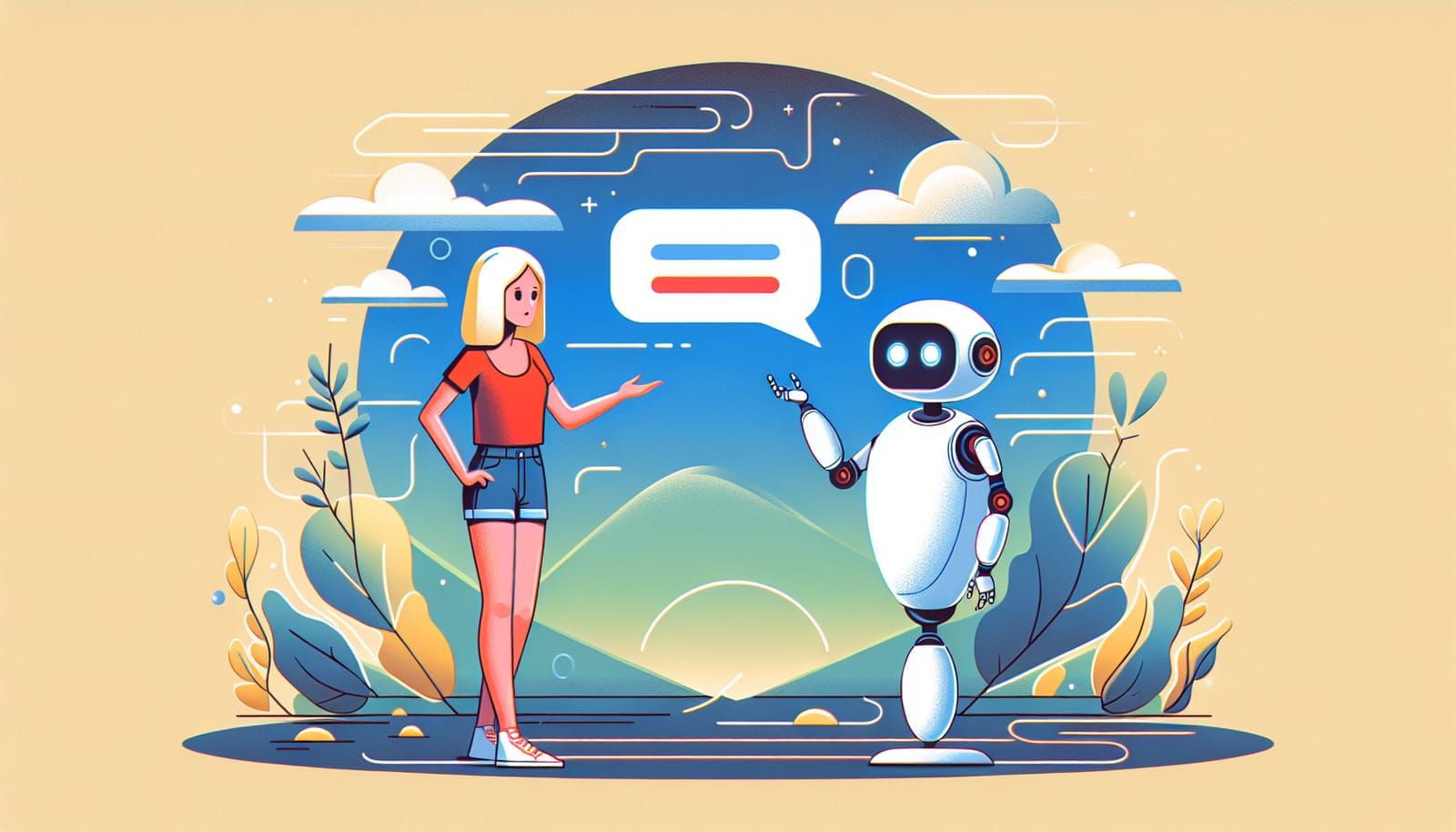Artificial Intelligence (AI) is everywhere these days! From the voice assistant in your smartphone to the recommendations on your favorite streaming service, it seems like AI is taking over tasks in ways we could only dream of a few decades ago. But as we dive into the fascinating world of AI, one question often arises: Does AI actually "think ahead"? The short answer is no, but let’s explore why that is, and what it really means for us.
Understanding AI: The Basics
Before we can discuss whether AI thinks ahead, it’s essential to understand what AI actually is. At its core, AI is a collection of technologies designed to perform tasks that typically require human intelligence. This includes things like recognizing speech, making decisions, and learning from experience.
However, AI does not possess consciousness or emotions. It doesn’t have thoughts or feelings like humans do. Instead, it operates based on algorithms and data. Think of AI as a very advanced calculator—one that can handle complex problems, but still lacks the ability to truly "think" like a person.
How Does AI Work?
AI systems work by analyzing large amounts of data and identifying patterns. For example, if you use a music streaming app, it looks at what you listen to and suggests songs based on similar patterns. But it’s important to note that this is not the same as "thinking ahead." AI doesn’t predict your future preferences; it merely reacts based on what it has learned from past data.
The Misconception of "Thinking Ahead"
The idea that AI thinks ahead often comes from its ability to make predictions or recommendations. For instance, when you’re shopping online, AI algorithms can suggest products you might like based on your browsing history. However, this is not genuine foresight; it’s simply statistical analysis.
Decision-Making vs. Thinking Ahead
Let’s clarify the difference between decision-making and thinking ahead. When a human thinks ahead, they consider future possibilities, weigh options, and make choices based on emotions, experiences, and intuition. In contrast, AI makes decisions based solely on data and predefined rules.
For example, a self-driving car uses AI to make driving decisions. It collects information from its surroundings, such as the speed of nearby vehicles and traffic signals. Based on this data, it can decide when to brake or accelerate. However, it doesn't "think" about the long-term consequences of its actions, like a human driver might consider the safety of passengers or pedestrians.
AI: Reactive, Not Proactive
One of the core reasons AI doesn’t think ahead is that it is reactive rather than proactive. AI systems respond to data inputs and situations as they arise but don’t have the capacity to envision multiple future scenarios or outcomes. They lack the creativity and foresight that characterize human thought.
The Role of Data
As mentioned, AI relies heavily on data. The more data an AI system has, the better it can perform. However, this also means that if it encounters a situation outside of its training data, it may struggle to respond effectively. This is a huge limitation of AI—it can’t adapt in the same way that humans can.
The Future of AI: Limitations and Possibilities
As we look toward the future, it’s important to understand the limitations of AI. While advancements continue to be made, AI will not suddenly develop the ability to think ahead like a human. However, that doesn’t mean there aren’t exciting possibilities! AI can assist humans in making informed decisions by providing data-driven insights.
Collaboration Between Humans and AI
The key to harnessing the potential of AI lies in collaboration. By combining human intuition with AI's data analysis, we can make better decisions in areas such as healthcare, finance, and environmental conservation. For instance, doctors can use AI tools to analyze medical data and identify trends, allowing them to provide better patient care without AI needing to "think ahead."
The Ethical Implications of AI
As AI becomes more integrated into our lives, ethical considerations become increasingly important. The idea of AI "thinking ahead" raises questions about responsibility and accountability. If an AI makes a mistake, who is responsible? Understanding the limitations of AI is crucial for developing ethical guidelines and ensuring that we use this technology responsibly.
Conclusion: Embracing AI's Role
In summary, AI does not think ahead in the way humans do. It lacks consciousness, emotions, and the ability to foresee future events. Instead, it operates on patterns and data, responding to situations as they arise. While this might sound limiting, it opens the door to exciting opportunities for collaboration between humans and AI.
Understanding the capabilities and limitations of AI can empower us to use this technology effectively and ethically. As we continue to explore the world of artificial intelligence, let’s embrace it as a tool that enhances our lives rather than a replacement for human thought. The future is bright, and with AI by our side, there's no telling what we can achieve together!
Now that you have a better understanding of AI and its limitations, why not explore some of the tools and applications available to you? Whether it's improving your writing, learning a new language, or discovering new recipes, AI is here to help you in fun and exciting ways!


